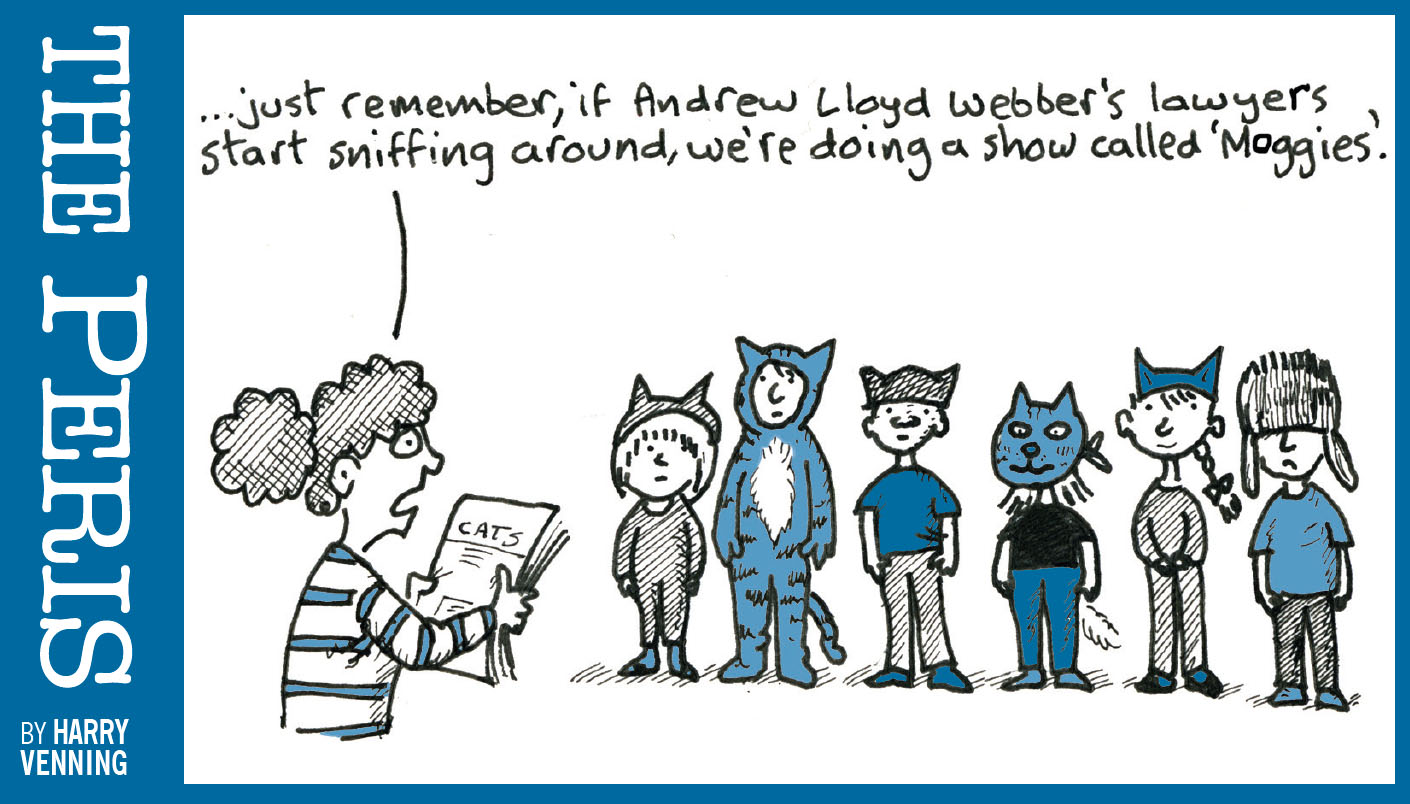
FUTURE TALK
As a lifelong saxophonist, seeing a fellow player on the front cover was wonderful. It is quite remarkable that the BBC Young Musician final has seen a saxophonist reach two consecutive finals and it is great that classical saxophone playing is getting its long-due recognition.
I also found last month's article about the Vindor ES1 (‘Freed from the reed’) to be very interesting – if only I could send one back in time to benefit my long-suffering parents. Both were always very supportive and encouraged me to practise – often and out of earshot! I noted that the Vindor might be coming to the UK by the end of this year; if so, might we see it at the London Expo?
Joe Flintlock, Reading
A DIFFERENT APPROACH
Lord Alex's look of pride in MT8's piece about his new book is exactly what every music teacher wants to see. His teacher, Lucy Pankhurst, in stepping out of her comfort zone and exploring different ways of teaching, managed to unlock the potential of a young person with autism for whom the traditional model of teaching music was not working.
The primer for the British Dyslexia Association's Music and Dyslexia day was similarly eye-opening, bringing to my attention many issues that students may be struggling with unnoticed. As someone who feels ill-equipped to teach students with additional needs, I welcome any resource that can tell me what to look out for and how I might adapt my teaching style.
It is a shame if, in our hurry to help our students achieve the highest grades or enter the noblest institutions, we lose sight of the innate power of music and why we got into teaching in the first place. Reading stories like Alex and Lucy's helps me to keep sight of that. The highest praise to Alex, and I wish him the very best of luck in this and his future endeavours.
Mark Humphries, Derbyshire
AN EARFUL
I hope you can appreciate the alarm caused when I decided to listen to the Melodica Men who were featured in your last issue. Once my ears had adjusted to the rather unusual sound of the melodica, I found it much less offensive and its simplicity makes it an obvious choice for early instrumental learning. Though if I had to choose between listening to that or a recorder? Let's just say ‘rock’ and ‘hard place’ spring to mind.
Jill Warnock, Salford
SENSITIVE
The approach taken by the BBC National Orchestra of Wales with their Relaxed Prom shows how simple it is to accommodate audiences with different needs – if we're lamenting the death of classical music then perhaps we need to look at how we stage events. I know I don't want to fork out upwards of £40 to sit in cramped and ancient seats, whereas the casual atmosphere and layout of both the Relaxed Prom and the Brangwyn Hall performance as shown in the August issue look very appealing.
I recognise that there may be practical limits to what we can expect in terms of accessibility but, unless we demand change from institutions, they will never make adjustments.
Kim Collins, Birmingham









